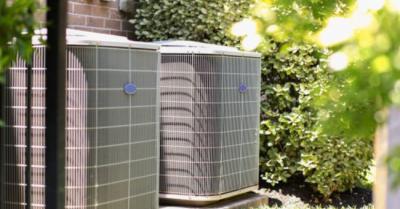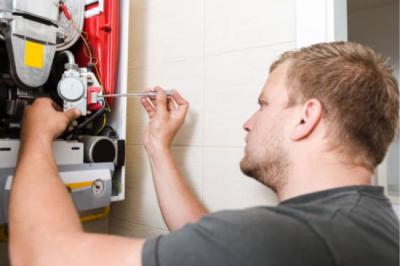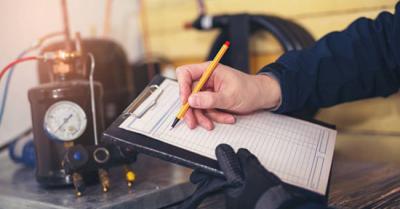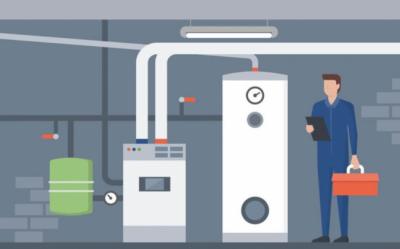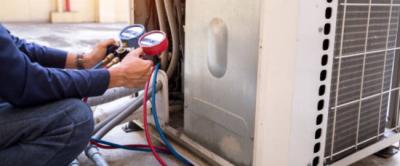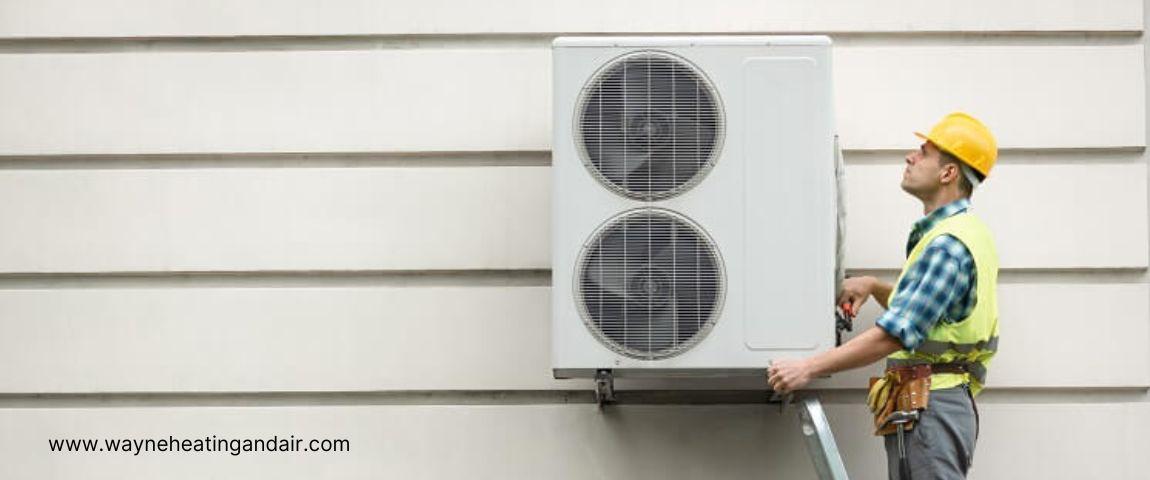
Debunking Myths by an Air Conditioning Installation Company
HVAC systems are complex and essential for maintaining comfort in our homes. However, they often fall victim to various myths and misconceptions. Wayne’s Heating and Air experts will debunk some common HVAC myths in this article. This insight will help you avoid mistakes made during AC installation. By separating fact from fiction, you can make informed decisions about your HVAC system and ensure its optimal performance.
Myths Debunked by Air Conditioning Installation Contractors
Experts have suggested that debunking myths will help you maintain optimal efficiency, lower energy bills, and ensure the comfort of your home. You can contact our experts because they will debunk the following myths.
Myth 1: Increase Energy Efficiency by Closing Vents
Reality: Contrary to popular belief, closing vents in unoccupied rooms doesn't boost your HVAC system's energy efficiency. It has the opposite result. When you close vents, the system's airflow becomes restricted, causing warm air to get trapped inside the ducts. Your HVAC system works harder, leading to inefficiency and potential damage.
Myth 2: Maintain Constant Temperature Throughout the Day
Reality: Keeping your thermostat at a consistent temperature throughout the day has never been recommended. This approach decreases the HVAC efficiency and results in higher energy bills. The best HVAC company installs programmable thermostats that adjust temperatures based on your needs and external conditions.
Myth 3: Call Maintenance Only When AC Breaks Down
Reality: Many homeowners mistakenly conflate maintenance with repairs, believing they should only contact an Air Conditioning Installation Company when their AC unit breaks down. Regular maintenance is essential and the benefits of regular maintenance with the best HVAC companies are manifold. It helps to keep your system running smoothly. It also helps to identify potential issues before they become major problems. Don't wait for a breakdown; schedule routine maintenance to ensure optimal performance.
Myth 4: Larger AC Unit Equals Better Efficiency
Reality: While it is true that a larger AC unit can provide more cooling power, size isn't the only factor to consider. You need to ensure your HVAC system is running efficiently. Efficiency also depends on outdoor temperatures, power supply, and your home's structure. Avoid installing an oversized unit that may lead to excessive cycling, reduced comfort, and higher energy bills. Consult heating and air conditioning repair professionals to determine the right-sized unit for your needs.
Myth 5: Only Thermostat Maintains Constant Temperature
Reality: The issue might lie elsewhere if your home's temperature remains inconsistent despite a functional thermostat. During inspections, HVAC experts at Wayne’s Heating and Air often discover air leaks around your home or problems within the HVAC system itself. A thorough HVAC inspection is necessary to determine the cause of issues.
Myth 6: Cover the HVAC System During Winter
Reality: Covering your HVAC system during winter can have adverse effects. Covering the unit for an extended period can lead to mold growth and attract small animals. It may slow down the unit's ability to start up when needed. Seek help from a professional HVAC company for winterizing services to safeguard your system effectively.
Myth 7: Place Thermostat Anywhere; It Doesn't Matter
Reality: The location of your thermostat matters significantly. Air conditioning repair experts in Blairsville, GA, suggest placing it in an area with abnormal temperature fluctuations, leading to inaccurate readings and inefficient operation. To ensure precise temperature control, position your thermostat where it can gauge the overall climate of your home effectively.
Myth 8: Buy the HVAC Unit According to the Square Footage of the House
Reality: The size of your home is a factor to consider when selecting an AC unit, but it is not the sole determinant of efficiency. The unit's performance, insulation, window quality, and the local climate can also affect the efficiency. Consult heating and air conditioning repair contractors to assess your specific needs and make an informed choice.
Myth 9: Install Denser Filters for Better Protection
Reality: Installing denser filters may seem like a good idea for improved air quality, but it comes with drawbacks. They can restrict airflow, making the HVAC system work harder and consuming more power. Balancing between filtration efficiency and system performance is essential.
In a world filled with HVAC myths and misconceptions, it is crucial to rely on expert advice from air conditioning installation companies to make informed decisions about your HVAC system. By debunking these misconceptions and embracing accurate information, you can ensure your HVAC system operates efficiently, keeping your home comfortable while minimizing energy costs. Contact us today to learn more about HVAC myths.
Here are three questions to explain HVAC installation.
Frequently Asked Questions
Q1: What to check after AC installation?
You should check for proper airflow, thermostat calibration, refrigerant levels, electrical connections, and any unusual noises or issues to ensure the system's optimal performance after air conditioning installation.
Q2: What are the areas to be avoided when installing an air conditioning unit?
When installing an air conditioning unit, you should avoid areas with direct sunlight, proximity to heat sources, obstructed airflow, or where vibrations and noise could disrupt your comfort.
Q3: What are common problems with air conditioners?
Some common HVAC issues are refrigerant leaks, clogged filters, electrical issues, frozen coils, thermostat malfunctions, and inadequate cooling.
My A.C went out over the weekend and its fixed today. The service was fast and technicians are very knowledgeable. I would recommend Wayne’s over any other A.C company in Blairsville or surrounding areas. Thanks again for keeping my family cool in this summer heat!
- Crystal Cox
